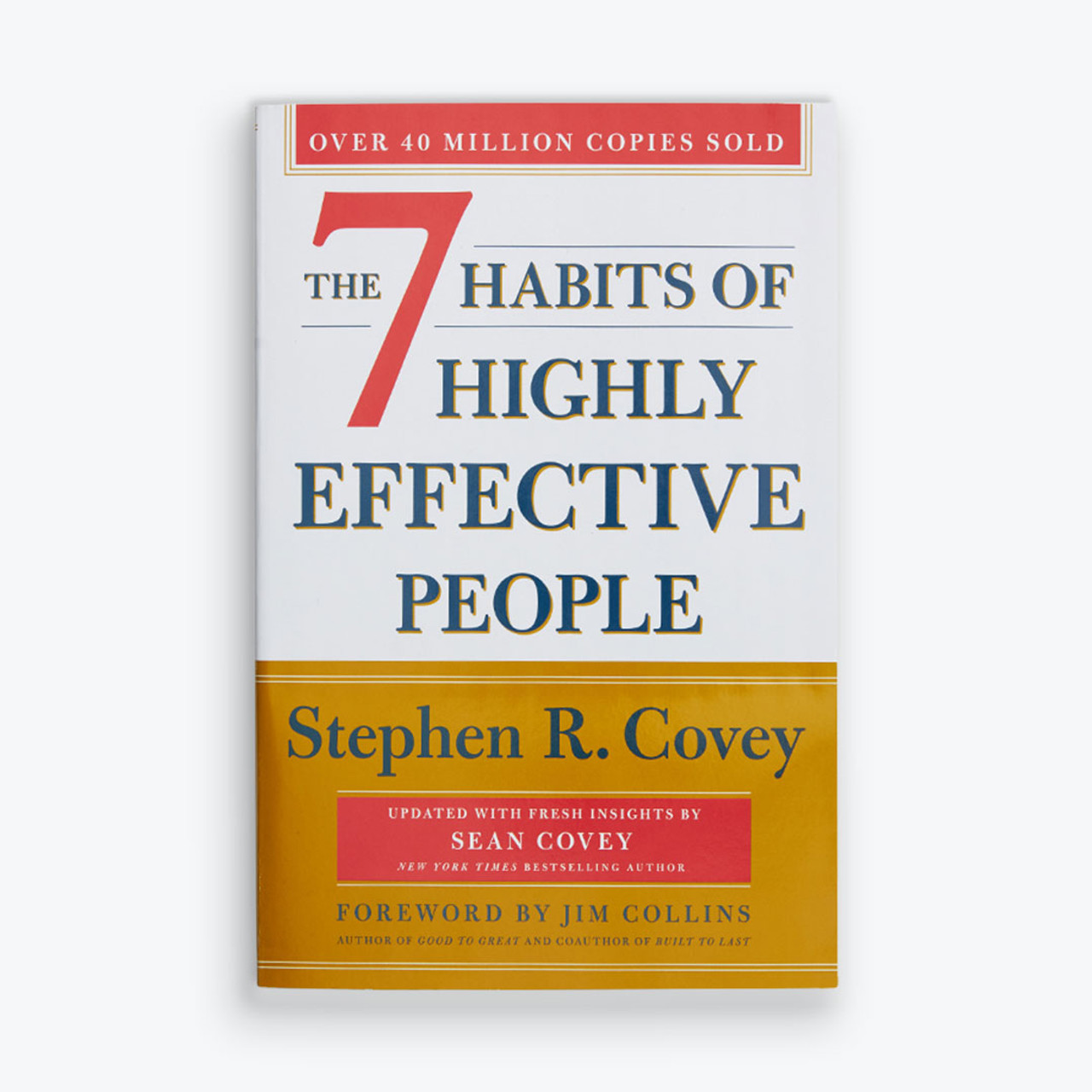Sometimes, you read a book that shapes how you approach life. For me, “The 7 Habits of Highly Effective People” by Stephen Covey is one of those books. I first encountered it seven years ago during my minor in Four Dimensional Leadership and recently revisited it through audiobook format. it remains uniquely valuable in today’s sea of personal development literature.
Academic Roots, Practical Impact
I was introduced to this book during my minor in Four Dimensional Leadership, which focused on IQ, EQ, SQ, and another dimension (which, honestly, I can’t remember now – how’s that for authenticity?). What struck me then, and still impresses me now, is how Covey’s academic background shines through while remaining incredibly practical.
Unlike many modern personal development books that scratch the surface, Covey has more academic rigor. In fact, many popular books today (like “Atomic Habits” or “The Subtle Art of Not Giving a F*ck“) build upon principles that Covey thoroughly explored decades ago.
Timeless Skills in a Changing World
Here’s something I’ve realized over the years: While much of my technical bachelor’s degree knowledge has become outdated, the skills I learned through Covey’s principles remain invaluable. Skills like:
- Effective listening
- Strategic planning
- Personal reflection
- Coaching others
They’re meta-skills that enhance everything else you do. They’re as relevant in today’s digital age as they were when the book was first published.
The Emotional Bank Account: Relationships as Currency
One concept that particularly resonated with me is the “emotional bank account” – a metaphor for relationships and trust. Just as you make deposits and withdrawals in a financial account, your actions either build or deplete trust in relationships. It’s a brilliant framework for analysing and improving relationships, whether personal or professional.
The Power of Role-Based Planning
Revisiting the audiobook reminded me of a powerful concept I’d forgotten: role-based planning. Covey points out that we’re not just one thing – we’re partners, professionals, volunteers, friends, and more. By planning our time according to these different roles, we ensure we nurture all aspects of our lives, not just the loudest or most demanding ones.
On the Audiobook Experience
The narration is excellent, making complex concepts easily digestible. However, I have a practical tip: get both the audiobook and a physical/digital copy. Here’s why:
- The audiobook is great for understanding concepts
- The physical book is essential for exercises and reflection
- Having both allows you to pause the audio and dig deeper into exercises that resonate with you
Check out my recommendations for audiobook providers here
The Next Generation’s Perspective
The additional insights from Covey’s son in newer editions provide fresh perspectives and modern applications. While these additions aren’t essential to the core message, they serve as helpful chapter summaries and contemporary interpretations. If you’re short on time, you can skip these sections, but they can help with understanding the concepts.
How to Get the Most Value
This isn’t a one-and-done book. Here’s my recommended approach:
- First read/listen straight through to understand the complete framework
- Return to specific chapters based on current challenges or goals
- Actually do the exercises
- Keep the book accessible for regular reference
Concluding
In a world of quick-fix solutions and viral productivity hacks, “The 7 Habits” stands out for its comprehensive, principle-centered approach. It’s not just about being more productive – it’s about becoming more effective in every role you play.
While newer books might be more entertaining or offer quick wins, Covey’s work remains the foundational text for understanding personal development and leadership.


Leave a Reply